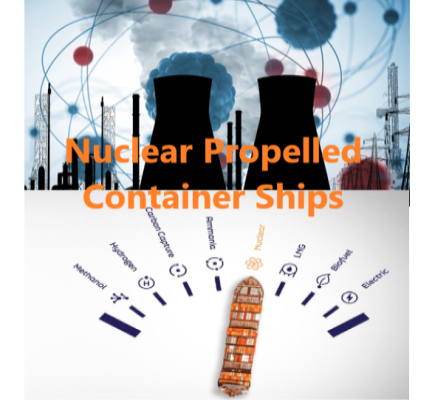Australia’s opposition leader Peter Dutton plans to build Australia’s first nuclear energy power stations should his Liberal and National Party coalition win next year’s federal election. Opinions on the pros and cons of nuclear energy have appeared in the media today (09 July 2024) with reports from the Australian Energy Market Operator (AEMO) and the CSIRO.
Nuclear activities are currently regulated under the Australian Radiation Protection and Nuclear Safety Act (ARPANS) and the Environment Protection and Biodiversity Conservation Act (EPBC).
Nuclear-powered vessels visit Australian ports under strict protocols. Australia does not currently own or operate nuclear-powered vessels. In March 2023, the government announced the Optimal Pathway to acquire Australian nuclear-powered submarines, the first of which is not due to arrive until 2030.
While community debate rages about nuclear energy, we need to consider whether Australia’s laws will need to be changed to allow free access to our ports by nuclear propelled container ships, if that turns out to be the direction of the future.
Nuclear propulsion is gaining growing attention from the maritime industry in the pursuit of near-zero emission vessels – in line with the ever-stringent 2050 decarbonization ambitions. See our related article from December 2023, Large Nuclear Containership Unveiled.
Lloyd’s Register (LR) has just released a new report called “Fuel for Thought: Nuclear Report.” Nuclear propulsion brings emissions-free, whilst extending the life-cycle of vessels and removing the uncertainty of fuel and refuelling infrastructure development.
A nuclear-powered vessel (NPV) is a ship or submarine that is powered by a nuclear reactor. This allows NPVs to operate at sea for much longer periods than conventionally powered vessels – perhaps indefinitely.
The rise of small modular reactors (SMRs) points to a step change for nuclear applications in shipping if regulatory hurdles can be overcome, according to the report from Lloyds. Nuclear power could transform the maritime industry with emissions-free shipping, but regulation and safety considerations must be addressed for its widespread commercial adoption, it says.
As SMR technology matures and regulatory clarity increases, ship designs optimized for nuclear propulsion will emerge, ushering in a new era of efficient and environmentally friendly vessels.
The report assesses the opportunity presented by nuclear for commercial maritime given its proven track record in naval applications, with the study pointing to the role of new SMRs in bringing to market suitable low-maintenance reactors to meet the propulsion and energy requirements of commercial ships.
“Fuel for Thought: Nuclear represents one of the first easily accessible overviews on the use of nuclear power in shipping, combining information from a wide range of sources into one report tailored for commercial shipping and the wider maritime value chain. Whilst its use in commercial shipping has been limited, by overcoming negative perceptions and a lack of investment levels, nuclear propulsion could provide immense value for the maritime sector in its decarbonisation journey, allowing for emissions free vessels with longer life cycles which require minimal refuelling infrastructure, or in best case scenarios limit the need entirely,” Mark Tipping, Power to X director, LR, commented.
According to Fuel for Thought: Nuclear, technology readiness for nuclear is improving, as per the most recent update of the LR Maritime Decarbonisation Hub’s Zero Carbon Fuel Monitor with pressurized water reactors (PWR), micro reactors and molten salt reactors (MSR) emerging as some of the most promising technologies for maritime applications.
However, community readiness levels, which are affected by the public’s perception of nuclear power and investment readiness levels, remain low due to the uncertainties around the wider uptake of nuclear technology in commercial shipping.
It is a discussion we need to be having now as the shipping industry launches new technology with vessels being powered by methanol, hydrogen, ammonia, LNG, biofuel, electrics, sail power and… NUCLEAR. Australia may need to re-think its legislation and plans for future infrastructure.
For the latest information about international shipping trends, talk to here at Colless Young. As licensed Customs Brokers and Freight Forwarders we offer correct, professional advice on all your transportation requirements. We are based in Brisbane and provide a complete range of logistics services, both airfreight and sea cargo, through all Australian ports and airports.

